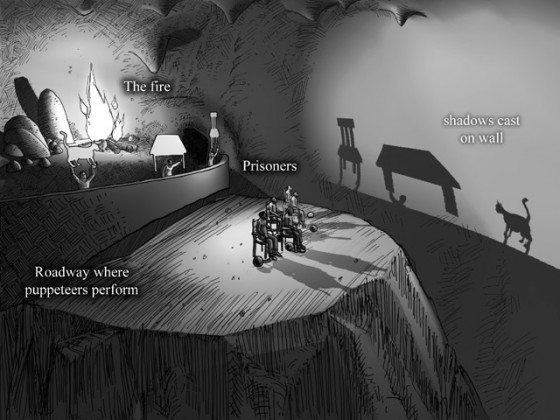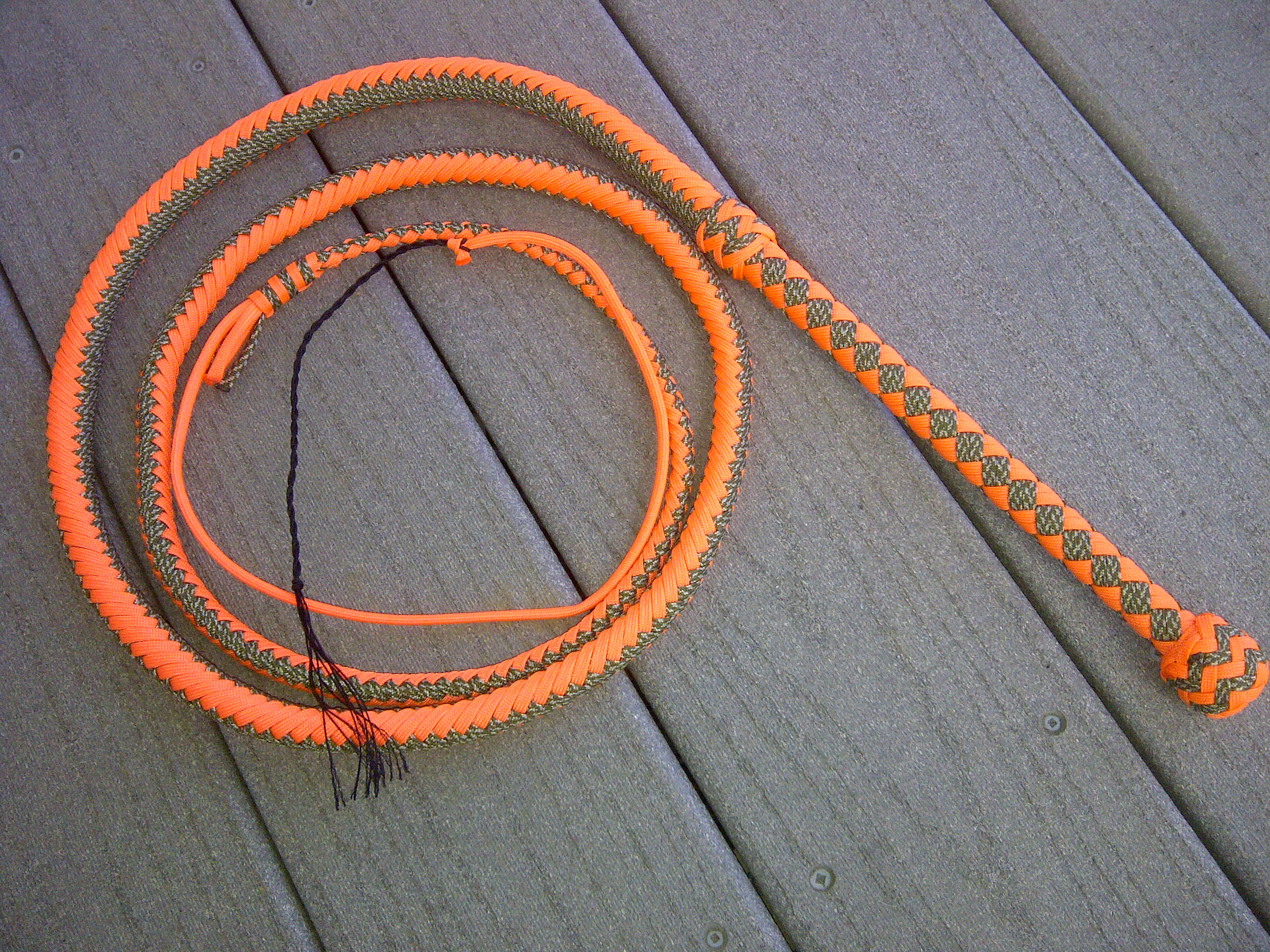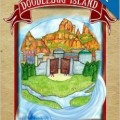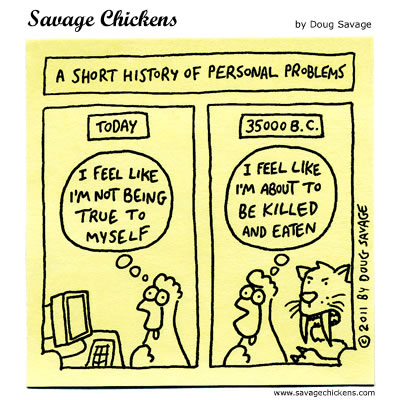Is That You Socrates?

Given the hour and the quiet coziness of my library, it somehow didn’t seem unusual or even startling when an ectoplasmic vapor came in through the keyhole, drifted in leisurely fashion over the bookshelves, and coalesced into a toga-draped figure which seated itself on the couch and settled into the cushions.
“You summoned me?” the shadow asked; for it did appear more shadow-like than real. “I was walking in the Elysian Fields discoursing with Asclepious and several of my brighter students when I felt this urgent necessity to skip through time and distance to attend your thoughts.”
“Socrates, is that you?” I asked, hopefully. “I’ve been thinking of you a great deal lately, and I can’t tell you what an honor your visit would be.”
The shadow nodded slightly. “The very one, and rather piqued to be jerked from the pleasantness of the past to the hectics of the twenty-first century. What is it that oppresses you, and what possible help can I be to one who’s had the benefit of two additional millennia experience, thought and study?”
“That’s the nub of the matter, my wise friend. My generation has had the benefits you spoke of, but little if anything appears to have changed. You told the Athenian Senate that your wisdom consisted in simply knowing that you didn’t know, while others less wise thought they knew but in fact knew not. In light of the experience, thought, and study of the many intervening generations, would you still hold that view?”
“Ah, were there time I’d be tempted to answer your question with my patented formula of further questions. But, that’s an earthly vanity and I’ve given it up. The short answer is ‘yes.’ Despite the implied suggestion of a condition contrary to fact, I still hold that view.”
He paused reflectively as if remembering and savoring his appearance before the Senate.
“No,” he said, and a light smile lit his features. “I must ask one question, though. Do you remember my analogy of the fire which burned in the Stygian darkness of a cave and which forced those far enough removed from the heat to determine whether the flame or the shadows dancing on the wall was the more real?”
“I remember that analogy, and I was fascinated with the discussion of your students. If I remember correctly, they agreed it was a matter of perception.”
“Exactly! How could either view be held to be more correct since neither could be subjected to analysis? Nor does the application of warmth enter into the equation; indeed, it is simply an ambiguity which complicates the issue without explaining it. And that is your answer to the many complications suggested by science, religion, politics or history. Your generation is possessed of more information than any preceding generation; but information is ambiguous. It complicates issues without explaining them. With the benefit of hindsight, I am now aware of a dimension my age didn’t think of and your age hasn’t either.”
“Can it be more profound than the insight you’ve just mentioned? After all, if perception is the final arbiter of reality, isn’t that earth-shattering enough for those given to belief in “‘ertainty’ and ‘truth’?”
“I see you’ve been studying my methods,” he said with a chuckle. “But let that be. Consider the dimension of which I spoke. Perceptions are rarely based on more than assumptions; and the latter are synthesized from those countless elements of experience and from the questions that experience causes us to ask. But, what if questions themselves and the very act of questioning are useless to us in the quest to ‘know’? What would be the consequences if, in fact, there were nothing to know?”
I woke with a start, the realization that I had dreamed the whole thing now starkly apparent. The flames in my fireplace had burned down and a pervasive cold had gathered around me. But strangely, it wasn’t the temperature of the room that made me shiver; it was the realization that maybe the apparition-now reduced to the disquieting awareness of too much pepperoni pizza and wine too late at night-was right. What if all our hunches and our assumptions led only into a black hole from which no light-in this case a sense of reality-emerged? In short, what if there was nothing to know, let alone the means by which it could be known? Wouldn’t that be a joke of cosmic proportions?
I closed the book that lay across my lap, Plato’s Dialogues, and vowed to end future evenings with lighter reading.





